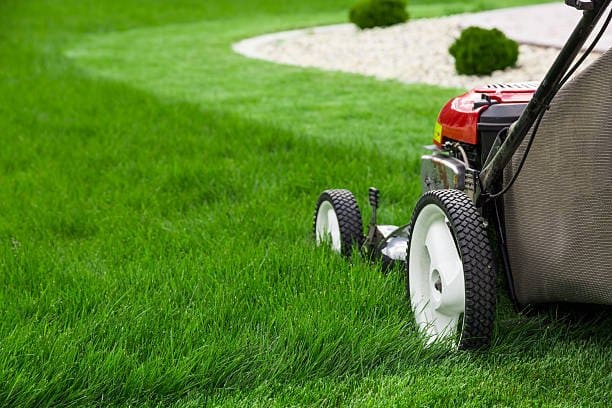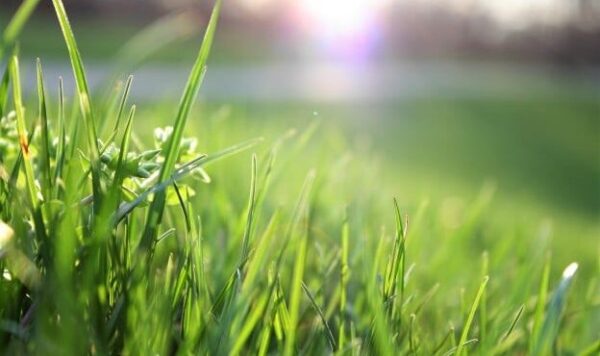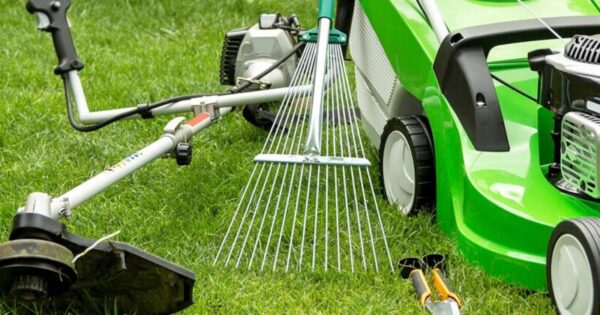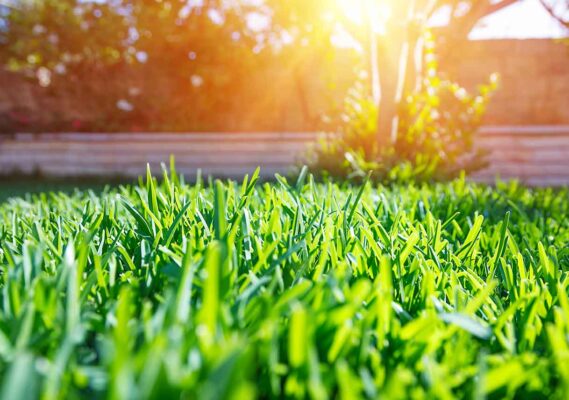When it comes to maintaining a lush and vibrant garden, there are numerous factors to consider. From soil quality to pest control, every detail matters. In this comprehensive article, we will delve into the intricate world of lawn worms and their potential impact on your garden. Understanding the damage caused by these tiny but potent creatures is crucial for ensuring the health and beauty of your outdoor space.
Introduction to Lawn Worms
Lawn worms, also known as earthworms, are a vital part of the ecosystem in any garden. They are nature’s recyclers, breaking down organic matter and enriching the soil with their castings. These castings contain essential nutrients that can benefit your garden. However, it’s essential to strike a balance when it comes to lawn worms because their presence can both positively and negatively affect your garden.
The Positive Effects
Before we dive into the potential damage caused by lawn worms, let’s acknowledge the benefits they bring to your garden:
- Improved Soil Structure: Lawn worms burrow through the soil, creating channels that allow air and water to penetrate. This enhanced soil structure promotes better root growth and overall plant health.
- Nutrient-Rich Castings: As mentioned earlier, lawn worms produce nutrient-rich castings that act as a natural fertilizer for your garden. This organic matter adds essential minerals and microorganisms to the soil.
- Aeration: The tunneling activity of lawn worms aerates the soil, preventing compaction and improving drainage. This is especially beneficial during heavy rainfall.
- Microbial Activity: Lawn worms enhance microbial activity in the soil, which is essential for breaking down organic matter and making nutrients available to plants.
The Potential Damage
While the positive effects of lawn worms on your garden are undeniable, there are situations where their presence can lead to damage:
- Overpopulation: An excessive number of lawn worms can disrupt the soil structure, leading to waterlogging and poor aeration. This, in turn, can harm plant roots and reduce their access to oxygen.
- Casting Mounds: Although worm castings are beneficial, large mounds of castings on the surface can interfere with mowing and make your lawn uneven.
- Attracting Pests: The organic matter in worm castings can also attract other pests, such as moles and birds, which may disrupt your garden.
Identifying Lawn Worm Damage
To address potential issues in your garden caused by lawn worms, you must first identify the damage. Here are some common signs to look for:
1. Patchy or Discolored Lawn
If you notice areas of your lawn turning patchy or discolored, it could be a sign of overpopulation of lawn worms. These areas might be waterlogged and deprived of essential nutrients.
2. Uneven Surface
Large casting mounds can make your lawn uneven and challenging to walk or mow on. If you’re constantly tripping over these mounds, it’s time to take action.
3. Increased Pest Activity
Keep an eye out for an increase in pest activity, such as moles or birds digging into your lawn. Lawn worms’ castings can attract these unwanted guests.
Managing Lawn Worms in Your Garden
Now that you’ve identified the potential damage caused by lawn worms, let’s discuss how to manage them effectively.
1. Avoid Chemical Pesticides
Using chemical pesticides to control lawn worms may harm beneficial organisms in your garden. It’s best to explore natural alternatives.
2. Adjust Lawn Mowing Techniques
If you have casting mounds on your lawn, consider adjusting your mowing techniques. A higher mowing height can help you avoid disturbing the surface.
3. Promote Balanced Soil Health
Maintaining a balanced soil environment is crucial. Regularly aerate your lawn and ensure proper drainage to discourage overpopulation of lawn worms.
4. Encourage Natural Predators
Introducing natural predators like nematodes can help keep lawn worm populations in check.
Conclusion
In conclusion, understanding the impact of lawn worms on your garden is essential for maintaining its health and beauty. While these tiny creatures offer numerous benefits, such as improved soil structure and nutrient-rich castings, they can also cause damage when their population gets out of control. By identifying the signs of damage and implementing appropriate management strategies, you can strike a balance that ensures your garden thrives.
Remember, lawn worms are just one piece of the puzzle when it comes to garden maintenance. By staying informed and taking proactive steps, you can enjoy a vibrant and healthy outdoor space that stands out on Google search results.





